- Published
- August 2019
- Page Count
- 674
- ISBN (Digital)
- 978-1-4533-9832-6
American Government and Politics in the Information Age
Version 4.0
By David L. Paletz, Diana Owen, and Timothy E. Cook
Included Supplements
Key Features
- Comprehensive treatment covers standard topics in the American government course.
- Contemporary theme of how media and politics interact ties the narrative together without inflating or distorting the media’s importance. Initial chapter on the media underscores the key theme but can easily be assigned later in the course.
- Strong focus on civic education encourages participation in civic life. Explains how students can use media to intervene effectively in the American political system on their own terms.
- Strong learning framework. Each chapter contains:
- Learning objectives, interim summaries called “Key Takeaways,” and key terms.
- “Enduring Image” features that visually capture the chapter’s subject by presenting an instantly recognizable image. Explains the original meaning of the image, why it was important, and the contemporary relevance.
- “Comparing Content” features that present differences among media depictions of a subject. For example, this feature may compare a political event to reports about it in the news, depictions of the same political event in various media outlets, or compare changes in media depictions over time.
- Certain chapters contain “Civic Education” features that show how young people have become involved in politics, government, and making public policy—and how the media can help and hinder civic work.
- Annotated set of readings (fiction and non-fiction) and films (feature and documentary) for research and enrichment. Links to video and audio clips, political and media websites, and research databases.
Students
- Online Access Price
- $33.95
- Color Printed Textbook with Online Access Price
- $60.95
American Government and Politics in the Information Age, Version 4.0 is suitable for United States government and politics or American government and politics courses at the undergraduate level at two- and four-year colleges and universities.
This textbook is a comprehensive and lively introduction to the vital subject of American government and politics. Inspired by students’ native familiarity with mass media and fluent use of communication technologies, the authors make explicit connections between the book’s subject matter, media, and technology. The book’s main areas of focus are: 1). How the media interact with and depict the American political system, 2). The similarities and differences between these depictions and the real world of government and politics, and 3). The consequences these interactions and depictions can have on the public, politics at all levels, and government operations and policies. Students develop a keener perception of how the media not only conveys information, but also how students themselves can engage productively in politics in order to “get things done.”
New in This Version
- Chapter 1: “Communication in the Information Age.” Reorganized and refreshed to better reflect the current digital environment.
- Chapter 2: “The Constitution and the Structure of Government Power.” Relevance of the Electoral College in today’s political environment.
- Chapter 3: “Federalism.” Refreshed and updated to reflect evolving conflicts between the federal government under the Trump Administration and the states.
- Chapter 4: “Civil Liberties.” Expanded coverage of arms, searches, and seizures; abortion and privacy.
- Chapter 8: “Participation, Voting, and Social Movements.” New section on voter suppression.
- Chapter 9: “Interest Groups.” Updated discussion of relations between interest groups, Congress, and the executive.
- Chapter 11: “Campaigns and Elections.” Better accounts for the media’s shifting role in election campaigns by increased coverage of big media corporations (e.g. Facebook and Twitter), microtargeting and the use of personal data, and political memes. Deeper analysis of the 2018 midterm elections and their implications, party identification, partisan polarization.
- Chapter 12: “Congress.” Now includes more information about how Congress operates under united and divided government, the implications of partisan polarization on lawmaking, the media environment for Congressional operations, members’ use of digital media, and other topics of current relevance such as the 2019 hearings about Russian interference in U.S. elections.
- Chapter 13: “The Presidency.” Focus on the evolving ways in which the president communicates to the public, the media, and other leaders/elites, the boundaries of the president’s constitutional authority, how the principle of co-equal branches of government is being tested, and how the presidency is being transformed by President Trump.
- Chapter 15: "The Courts." Cites the most recent Supreme Court decisions, refers to forum shopping, and refines the book's previous consideration of judicial policies.
- Chapter 16: "Policymaking and Domestic Policies" and Chapter 17: "Foreign and National Security Policies." Invites readers to consider key domestic and foreign policy issues and describes how they are being engaged or not being addressed by the current administration.
- About the Authors
- Acknowledgments
- Dedication
- Preface
-
Chapter 1: Communication in the Information Age
-
Chapter 2: The Constitution and the Structure of Government Power
-
Chapter 3: Federalism
-
Chapter 4: Civil Liberties
-
Chapter 5: Civil Rights
-
Chapter 6: Political Culture and Socialization
-
Chapter 7: Public Opinion
-
Chapter 8: Participation, Voting, and Social Movements
-
Chapter 9: Interest Groups
-
Chapter 10: Political Parties
-
Chapter 11: Campaigns and Elections
-
Chapter 12: Congress
-
Chapter 13: The Presidency
-
Chapter 14: The Bureaucracy
-
Chapter 15: The Courts
-
Chapter 16: Policymaking and Domestic Policies
-
Chapter 17: Foreign and National Security Policies
-
Chapter 18: Appendix A: The Constitution of the United States
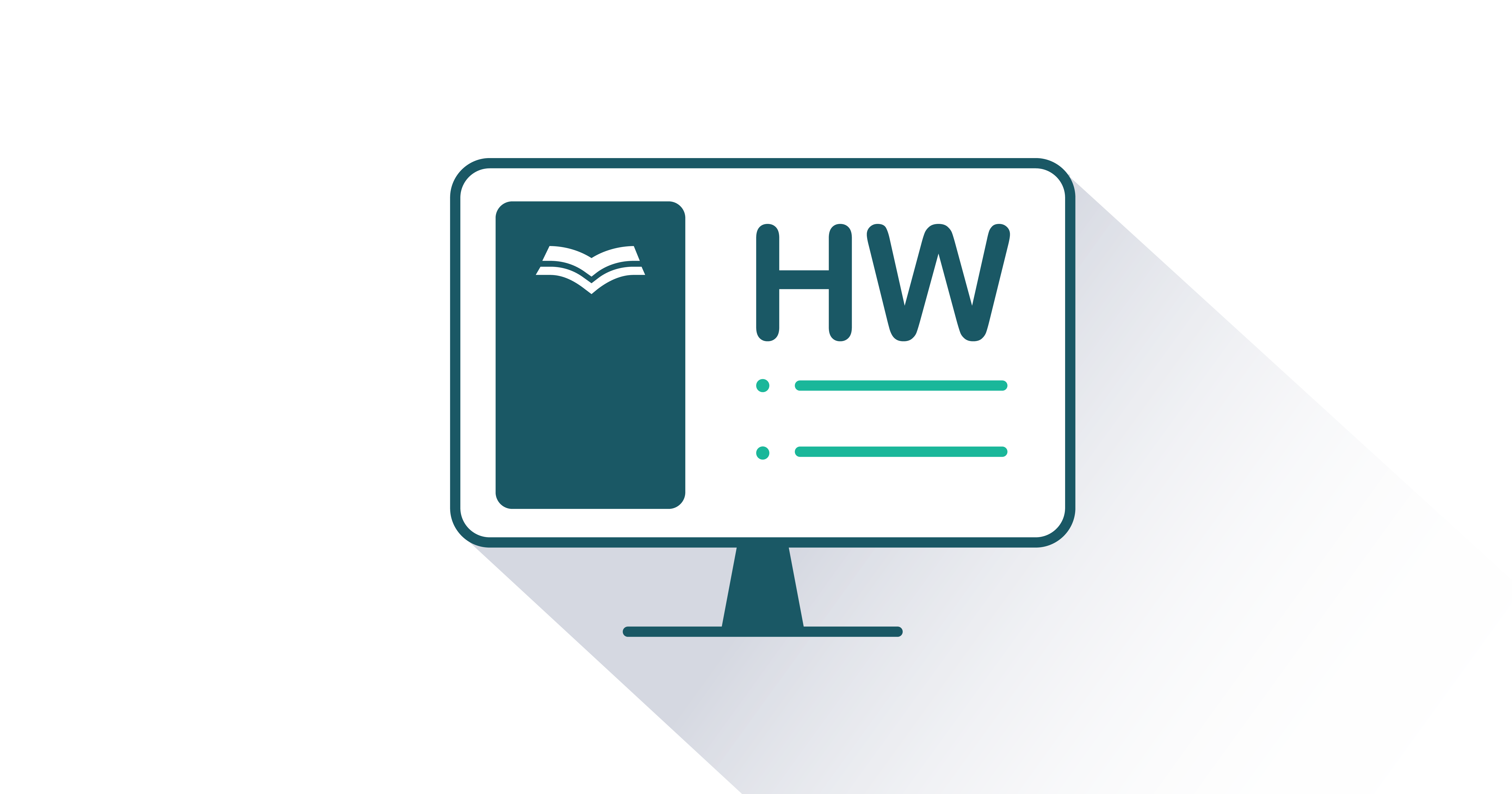
FlatWorld Homework
FlatWorld Homework includes multi-format questions written specifically for your FlatWorld book, which you can access through our stand-alone interface or integrate with your learning management system.
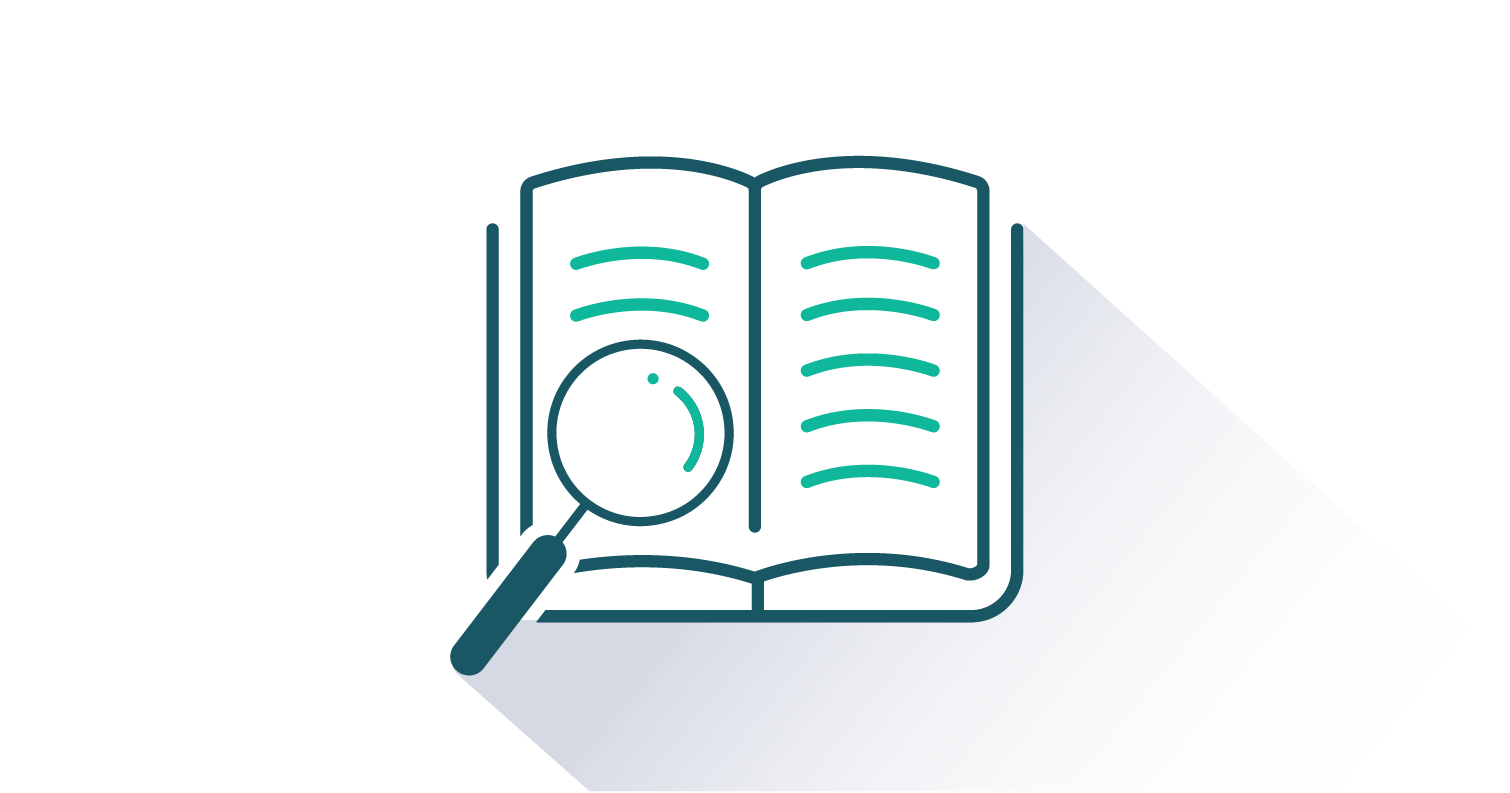
Instructor’s Manual
The Instructor’s Manual guides you through the main concepts of each chapter and important elements such as learning objectives, key terms, and key takeaways. Can include answers to chapter exercises, group activity suggestions, and discussion questions.
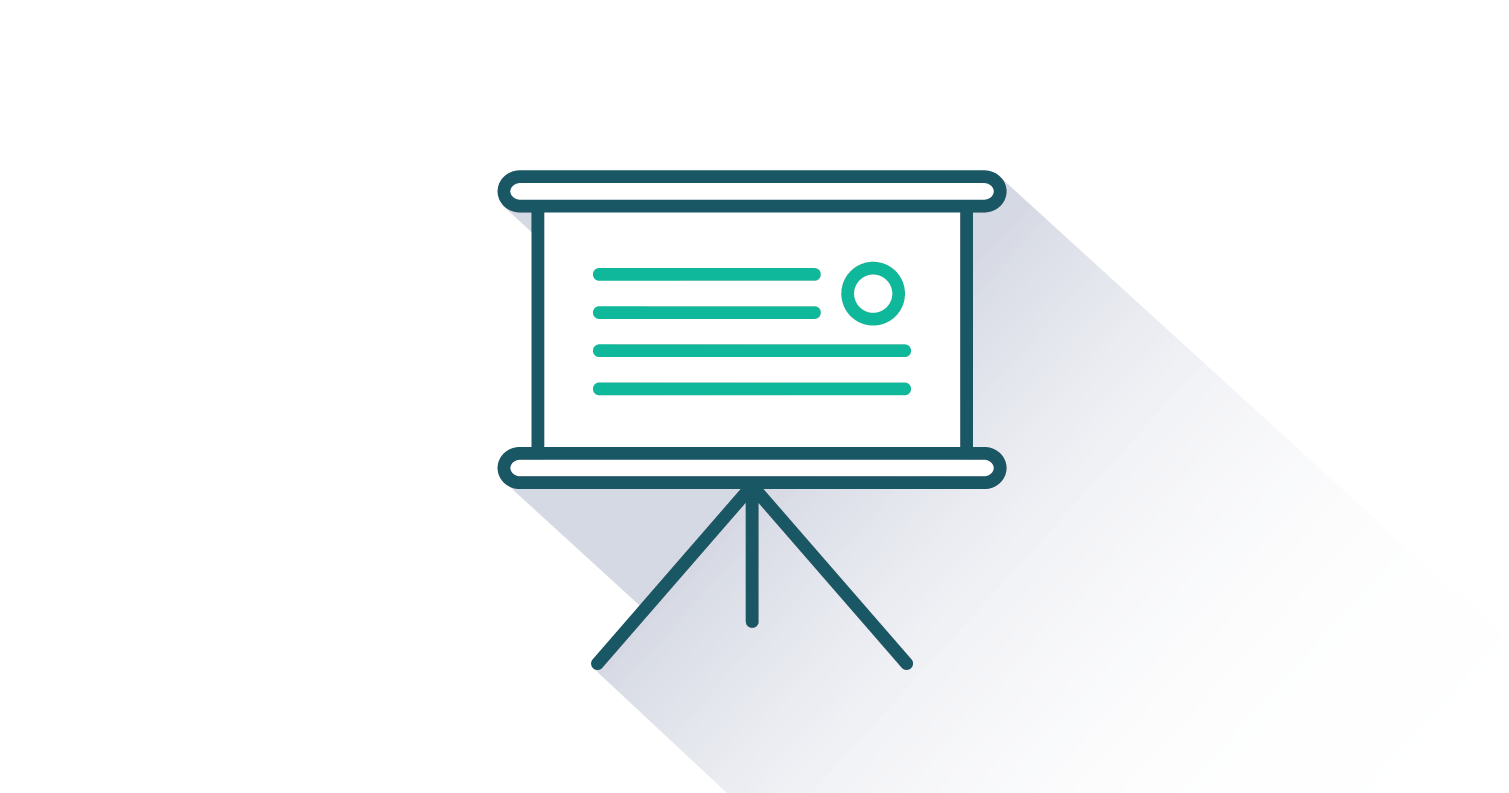
PowerPoint Lecture Notes
A PowerPoint presentation highlighting key learning objectives and the main concepts for each chapter are available for you to use in your classroom. You can either cut and paste sections or use the presentation as a whole.
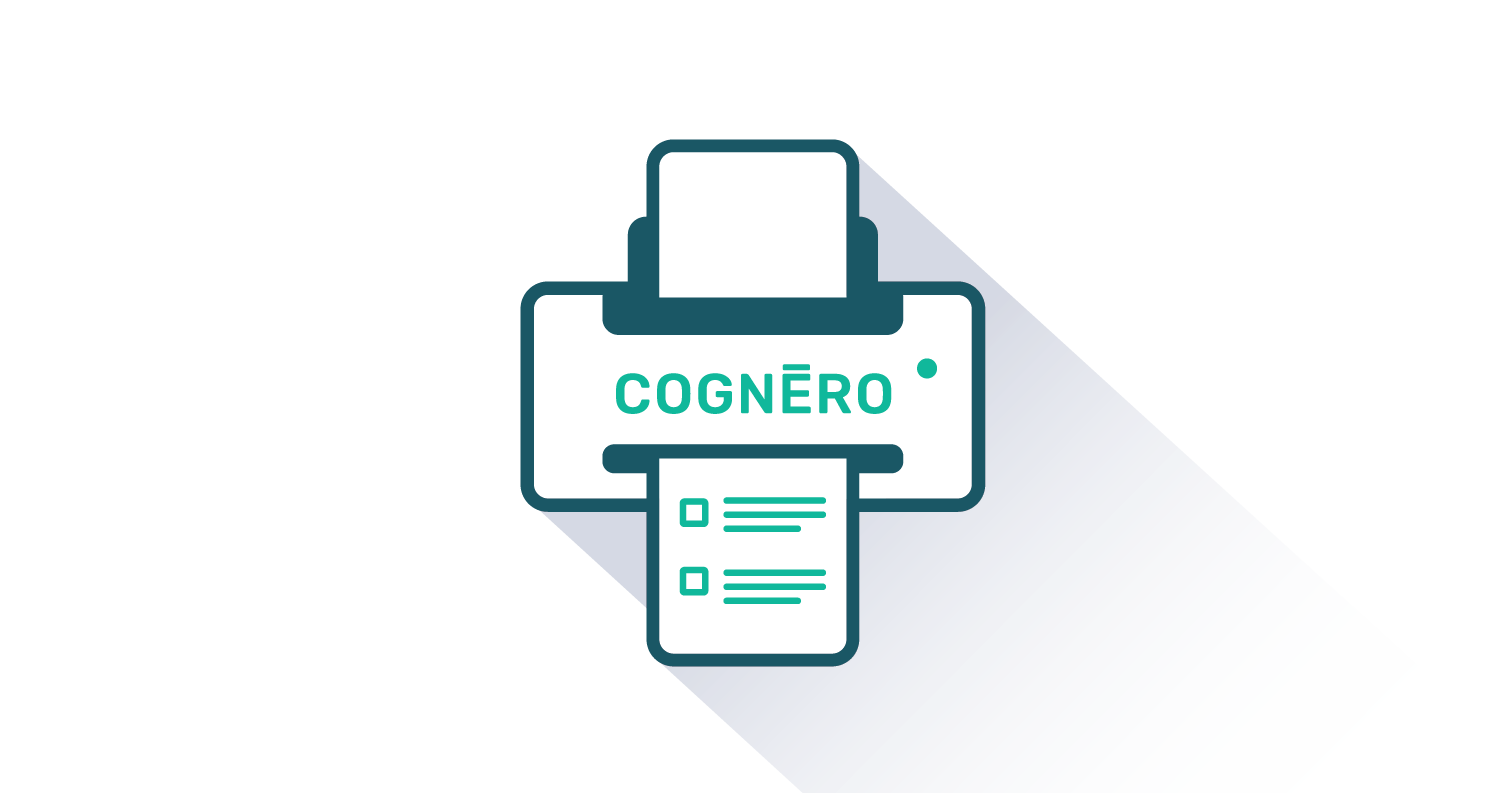
Test Generator - powered by Cognero
FlatWorld has partnered with Cognero, a leading online assessment system, that allows you to create printable tests from FlatWorld provided content.

Test Bank Files for Import to Learning Management Systems
For your convenience, we've packaged our test items for easy import into Learning Management Systems like Blackboard, Brightspace/D2L, Canvas, Moodle, or Respondus.
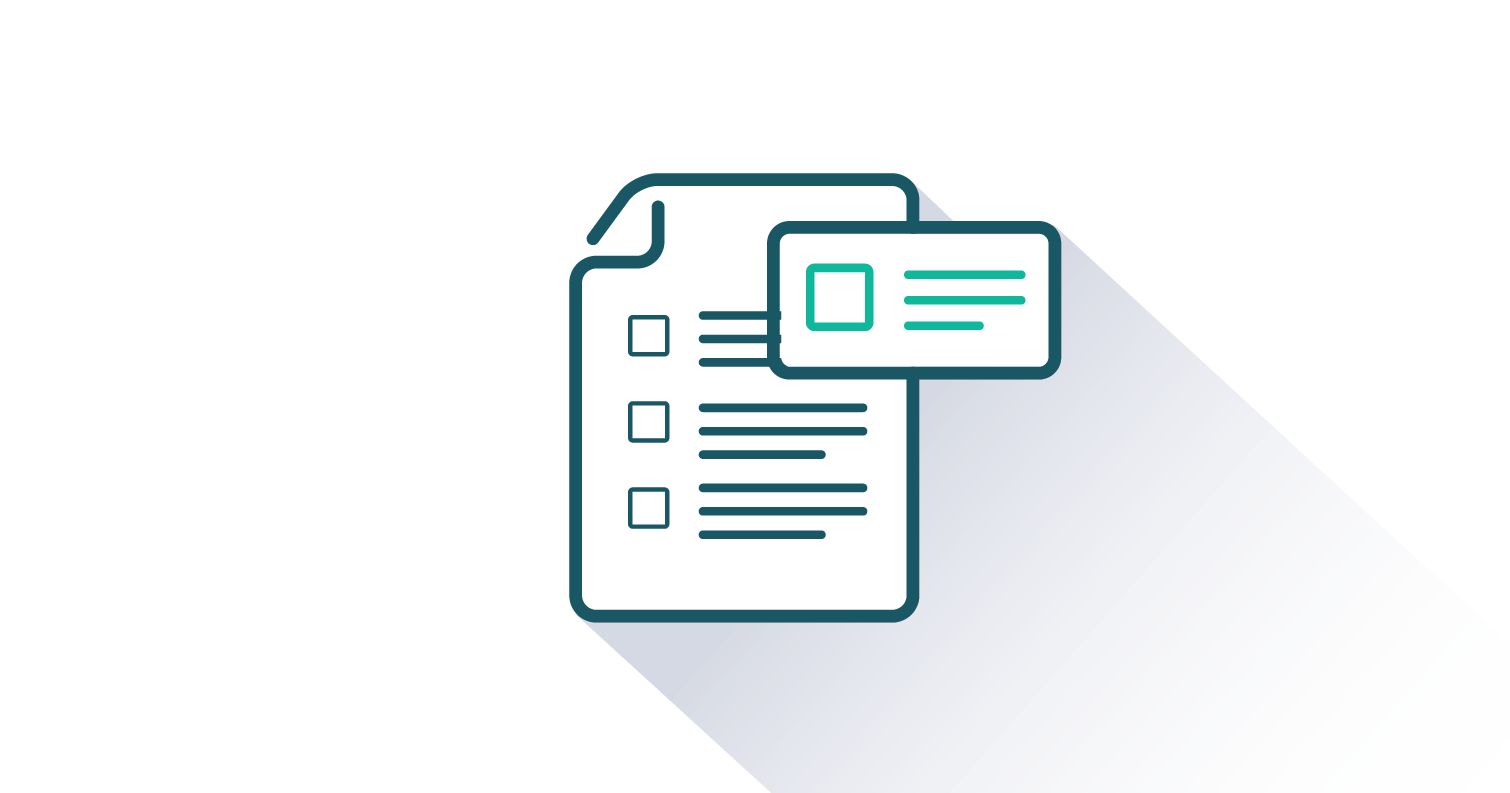
Test Item File
Need assistance in supplementing your quizzes and tests? Our test-item files (in Word format) contain many multiple-choice, fill-in-the-blank, and short-answer questions.
At FlatWorld, we take pride in providing a range of high-quality supplements alongside our titles, to help instructors teach effectively. Supplements are available for instructors who have registered their adoption with us. If you need to review or preview something specific, please contact us.
Already registered? Sign in here.
